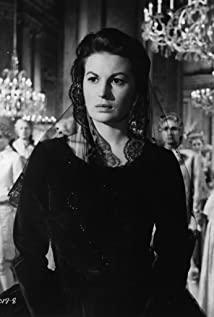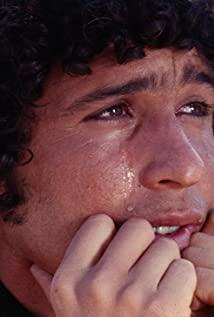Oedipus was abandoned by his biological parents at birth, and his biological parents also confessed that those who abandoned him killed him. Fortunately, the man was sympathetic and did not do anything. It should be said that the abandonment of his parents was the starting point of the tragedy.
As a biological parent, he was only brought into the world according to the natural physiological laws, and it should be his adoptive parents who gave him knowledge and soul. If according to the Chinese saying, the son does not teach the father the fault, then the adoptive parents should bear greater responsibility for their poor education.
Under the premise of the above two points, Oedipus, the protagonist of the tragedy, could have been irresponsible for everything that happened later. But as an adult, he must take responsibility for his ignorance and character flaws. His ignorance is reflected in the fact that at every crossroads faced with choices, he does not rely on his own knowledge to grasp his destiny, but turns around like a spinning top to make random choices. His character flaw is that he grew up believing in force and becoming aggressive.
However, this is only a superficial analysis of the story, and the deeper value lies in the moral of the tragedy. As a prophet, God first broke his destiny, and this fatalism itself also changed his life path——When he got the oracle that he killed his father and married his mother, he was kind-hearted and did not return to his adoptive parents. , but strays in the opposite direction. Because he knew he had to stay away from his (adoptive) parents to avoid tragedy. But unfortunately, he didn't know that he was the child who was picked up. The oracle changed his choice. While proving God's omniscience, it also showed that God himself used Oedipus to punish his biological parents. The purpose of this causal connection is to warn the world: don’t do things like abandoning your son and killing your son, there will be retribution, and the revenge is the object of your evil. If this causal chain is understood from the background of the story, its value will be more clear: in the early days of Greece, people just got out of ignorance and needed a set of rules to straighten out the relationship between people. Allegory and drama are good carriers, which also contribute to the birth of culture. The drama is about educating people that if one's own child is not raised, he will become as savage and ignorant as a beast, which in turn will kill you and threaten your life.
What puzzles the Easterners is that the god as a prophet seems to be indifferent to watch the tragedy happen. Eastern gods generally appear in the image of saving people from suffering. Therefore, the gods of the West are, in a sense, the saviors of evil—evil, and retribution for evil. Let evil itself regulate human behavior, which runs counter to the concept of human beings in the eastern world. The god of the West, as a neutral, a role like a referee, stood by and let evil itself form a self-avoidance code of conduct. This sense of rules promoted the birth of the Western Codex earlier than other civilizations.
Last but not least, the filming and editing techniques. The opening and ending are clearly modern settings, and the main story development is ancient. The transformation of the two scenes forms a strong contrast, and it indicates that this kind of tragedy did not just happen in ancient times, it did not break off, it happened all the time. At different times, with different people.
View more about Oedipus Rex reviews











